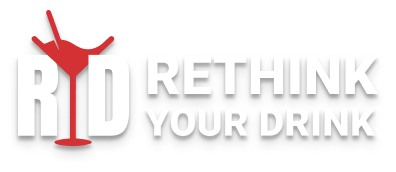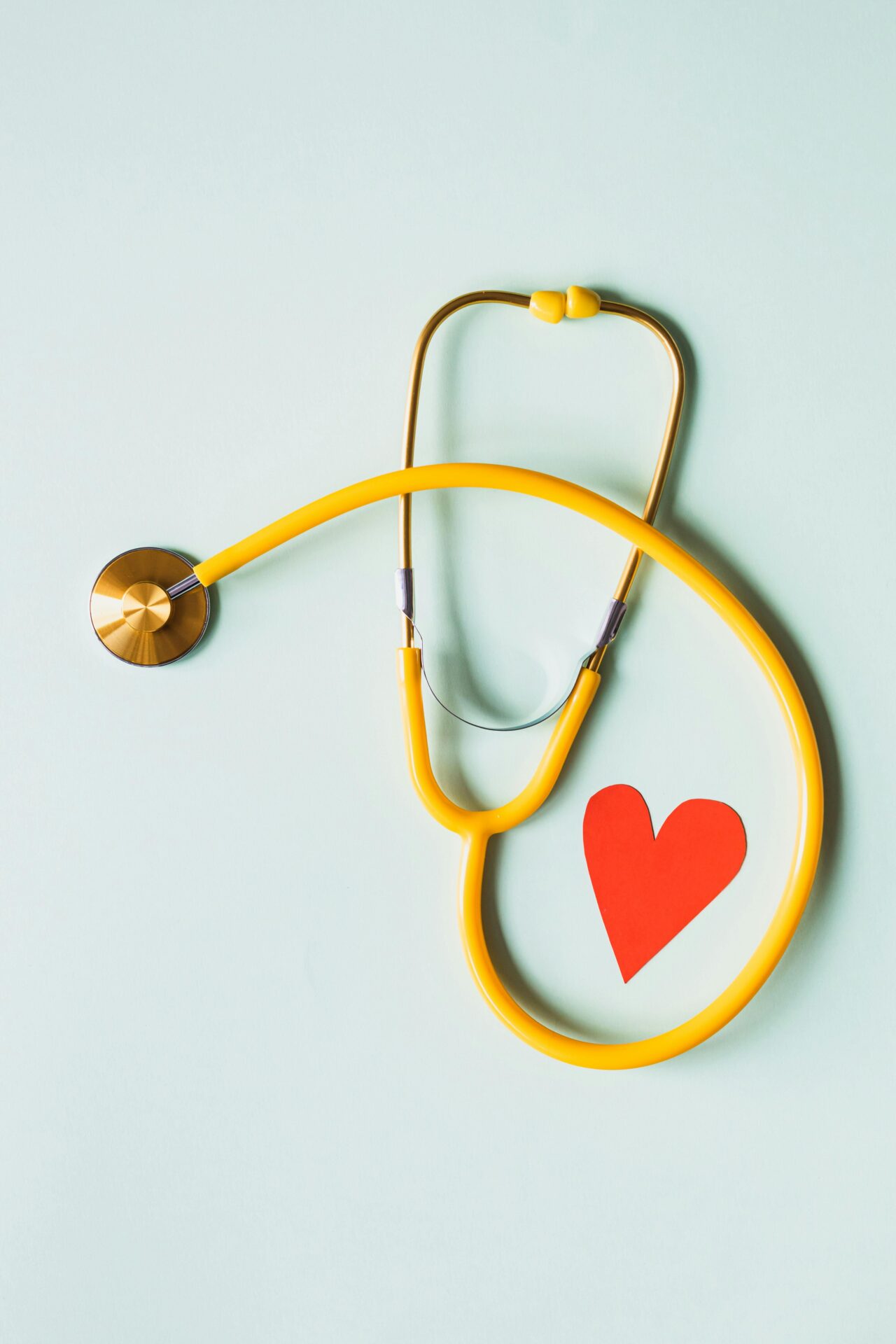Laura Plesnar, MD is a medical doctor and dermatology resident with a strong focus on global health, public health advocacy, and alcohol policy. Since 2024, she has served as a Board Member of the Youth Health Organization and EVID Action Permanent Advisory Committee for the Youth Network. She has actively collaborated with the WHO, participating in high-level meetings and initiatives like the WHO Regional Committee for Europe and various WHO health advocacy projects. She is dedicated to advancing public health through evidence-based policy and hands-on clinical work.
“Alcohol doesn’t just affect internal organs; it also has visible effects on the skin, accelerating aging, exacerbating conditions like rosacea and psoriasis, and impairing wound healing. Beyond dermatology, my broader medical experience made me acutely aware of the increased risks of cardiovascular diseases, liver damage, mental health disorders, and cancer linked to alcohol use. Witnessing these health risks firsthand and understanding their prevalence in our society made it clear that abstaining from alcohol was not just a personal health choice but a professional commitment to the values I advocate in public health.“
How would you define harmful alcohol consumption from a medical perspective?
Harmful alcohol consumption is when drinking leads to physical, mental, or social harm. This can include damage to vital organs like the liver, cardiovascular diseases, mental health disorders, or issues in personal relationships. Any pattern of drinking that negatively affects health or daily life qualifies as harmful.
What are the most common health complications associated with long-term alcohol abuse?
Long-term alcohol abuse can lead to liver diseases (e.g., cirrhosis, liver failure), cardiovascular issues (e.g., high blood pressure, heart disease), mental health problems (e.g., anxiety, depression), and an increased risk of cancers (particularly in the liver, breast, and digestive tract). It also contributes to cognitive decline and weakened immunity over time.
What would you say about the effects of alcohol on different organ systems of the body?
Alcohol affects multiple systems:
Liver: Causes fatty liver, hepatitis, cirrhosis, and liver failure.
Brain: Impairs cognition, judgment, and motor skills, with long-term risks of cognitive decline and mental health disorders.
Cardiovascular system: Raises blood pressure, increases the risk of heart disease, stroke, and weakens heart muscles.
Digestive system: Causes ulcers, gastritis, and increases cancer risk in the digestive tract.
Skin: Dehydrates and accelerates skin aging, worsening conditions like psoriasis.
I want young people to be aware that the cultural normalization of drinking doesn’t negate these risks. Making informed choices about alcohol involves understanding these health consequences and recognizing that abstaining can lead to better physical and mental well-being. It’s important to prioritize health and seek support if needed, rather than succumbing to social pressures.
What do you think are the significant barriers that prevent people from understanding health risks?
The normalisation of drinking, especially in cultures such as those in the Balkans where alcohol is deeply rooted in social and family traditions. This normalisation often downplays health risks, making it difficult for individuals to recognise harmful effects. In addition, there is a lack of widespread public education about the specific health consequences of alcohol, as I have observed in my work in public health and medical practice. Marketing and social media often glorify drinking alcohol, obscuring the real dangers. Finally, the stigma associated with discussing alcohol use hinders open conversations that are key to raising awareness and changing attitudes towards alcohol consumption.
Educated individuals are more likely to recognize harm, seek help early, and ultimately promote cultural change toward healthier and more responsible behavior.
What warning signs should people look out for if they suspect that they or their loved ones may have a problem with alcohol?
Key signs include increased tolerance, inability to reduce drinking, neglecting responsibilities due to drinking, social withdrawal, and physical symptoms like frequent hangovers or withdrawal (shaking, sweating, anxiety). Recognizing these early can help prompt necessary support or intervention.
What treatment and support options are available for people who want to break free from alcohol dependence?
For individuals looking to break free from alcohol dependence, a range of treatment and support options can be highly effective. First, seeking professional help is crucial. This might involve consulting a healthcare provider or addiction specialist for a comprehensive assessment and tailored treatment plan, which could include medical detox if necessary.
Counseling and therapy play a vital role; individual or group therapy sessions, such as Cognitive Behavioral Therapy (CBT), can help address the psychological aspects of addiction and develop coping strategies. Support groups like Alcoholics Anonymous (AA) offer valuable peer support and a sense of community, which can be instrumental in maintaining motivation and receiving practical advice. Rehabilitation programs, whether inpatient or outpatient, provide structured environments and ongoing support for recovery. Additionally, making lifestyle changes—such as avoiding triggers, finding new hobbies, and improving stress management—can significantly aid the recovery process. Finally, educating oneself about the health risks associated with alcohol can reinforce the commitment to sobriety and help individuals make informed decisions about their journey to recovery.
What do you think is the most important step to improve health literacy about alcohol in society?
Alcohol education campaigns and programmes are very important, but often do not have sufficient impact. Although they provide valuable information, they can sometimes be too general or fail to effectively reach specific demographic groups, especially younger audiences. To improve these campaigns, I suggest involving young people more actively. By involving young people in the creation and delivery of educational content, messages can become more understandable and impactful. Programmes should include interactive elements, peer-led discussions and real-life testimonies to resonate more with the target group.
In addition, integrating alcohol education into school curricula and community activities can ensure that information is accessible from an early age. Working with influencers and using digital platforms where young people are most active can also increase the reach and effectiveness of these campaigns. Finally, highlighting the health risks of alcohol in a way that connects with young people’s personal experiences can lead to better understanding and motivate behaviour change. Ultimately, the key to reducing the impact of social pressure is to change social attitudes and promote a culture that values and prioritises health and well-being over alcohol consumption.
And finally, how is your abstinence perceived by those around you?
Coping with social situations in which alcohol is a common ingredient can be challenging, especially in Croatia, where abstinence from alcohol is still quite uncommon. I announce my decision in a direct but respectful manner. I will explain that my decision is based on personal health reasons and that it is a commitment I have made for my own well-being. I focus on the positives of my decision and often redirect conversations to shared interests or other activities that do not involve alcohol. It is very important to stand firm against peer pressure and surround myself with supportive individuals who respect my decision. By consistently reinforcing my reasons and proving that abstinence does not diminish the enjoyment of social activities, I help foster better understanding among those around me.




